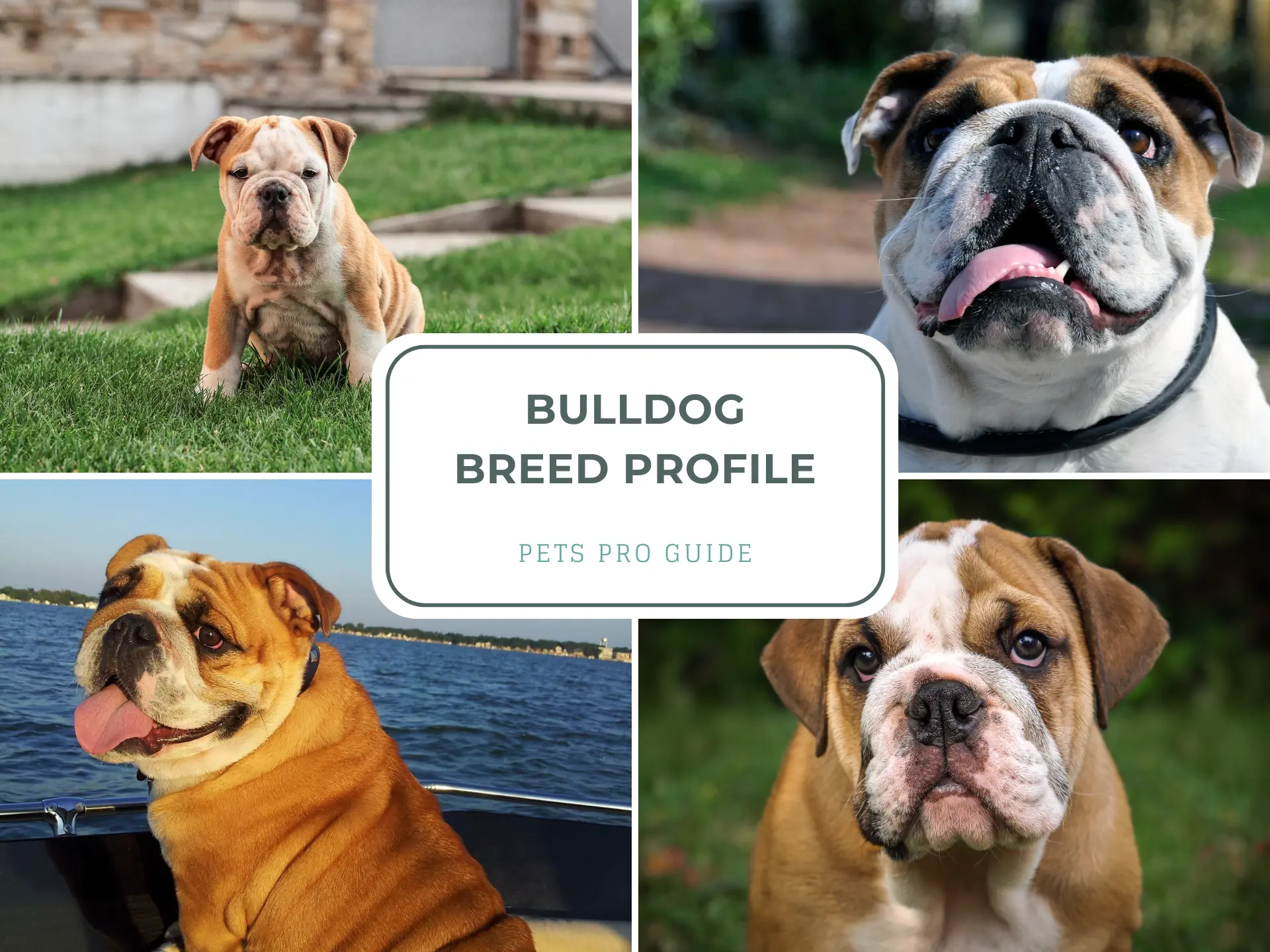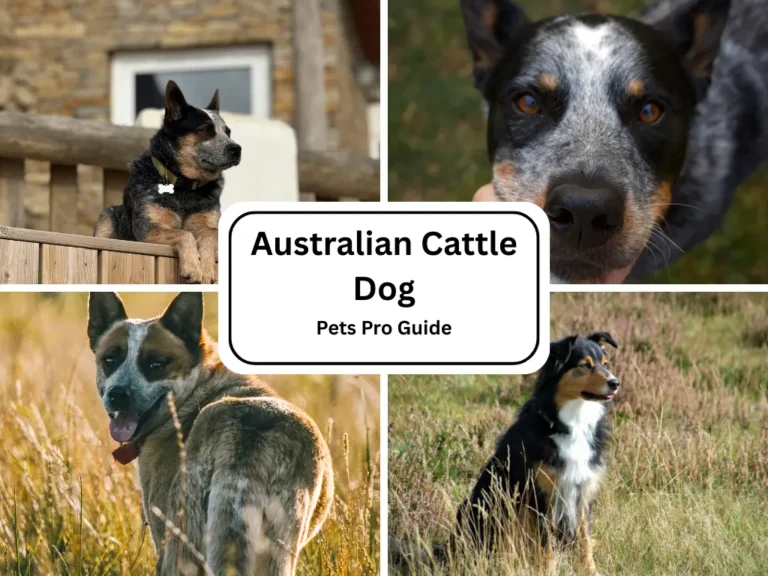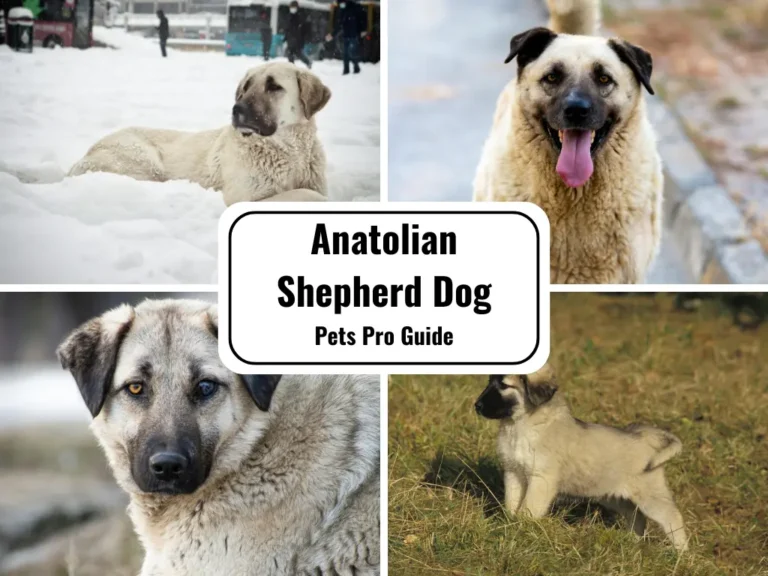The Bulldog Breed Information is essential for anyone considering this affectionate and loyal companion.
The guide provides all the essential information about Bulldog puppy choices, adoption, their care requirements, and personality traits. Bulldogs maintain a loyal disposition which makes them ideal pet for people with residence ranging from apartments to houses with garden space.
Also Read: Labrador Retriever Breed Information

Core statistics
Here are some core statistics:
- Breed Group: Non-Sporting Group
- Origin: England (13th–14th century; developed for bull-baiting)
- Size: Medium
- Weight: 40–50 lbs (18–23 kg) [Males: 50–55 lbs; Females: 40–50 lbs]
- Height: 14–15 inches (36–38 cm)
- Life Span: 8–10 years
- Coat: Short, smooth, fine; minimal undercoat
- Appearance: Muscular, compact body; wrinkled face; pushed-in nose; distinctive underbite
- Colors: Brindle, white, fawn, red, piebald
- Grooming: Weekly brushing; daily wrinkle/face cleaning
- Temperament: Calm, friendly, loyal; gentle with kids
- Energy Level: Low
- Exercise: 20–30 mins daily (short walks; avoid overheating)
- Popular Names: Winston, Daisy, Duke, Bella, Tank
- Personality: Affectionate, stubborn, courageous; thrives on companionship
- Food: High-quality, portion-controlled diet (1.5–2 cups daily); avoid obesity
- Space Requirement: Apartment-friendly; needs climate-controlled environments
- Health Issues: Brachycephalic syndrome, hip dysplasia, skin infections, cherry eye


Bulldog Care Pro Tips
- Diet & Nutrition: Feed a best dry food for Bulldog like Royal Canin Bulldog or Hill’s Science Diet to support joint health and avoid obesity (1.5–2 cups daily).
- Skin & Wrinkle Care: Clean facial folds daily with a damp cloth to prevent infections. Moderate shedding (do Bulldogs shed? Yes!) requires weekly brushing.
- Temperature Control: Bulldogs overheat easily. Limit outdoor time in heat and provide cooling mats.
Is the Bulldog a Good Family Dog?
Absolutely! These dogs come with an excellent combination of patience and affection toward children and they work perfectly as family pets. Bulldogs fit well into peaceful families yet owners with small children should care for them because of their bulkiness. When bulldogs learn to socialize with other pets during early ages they establish good relationships with them.
What to Know Before You Buy a Bulldog
One should learn about Bulldog-specific health issues involving breathing problems and skin infections prior to purchasing this breed. To adopt a Bulldog consult only recognized shelters along with rescue organizations that specialize in dog adoption. Camp Bulldogs need to live in environments with cool temperatures because heat can easily affect their health.


Bulldog Breed Fun Facts
- Bulldogs were originally bred for bull-baiting but are now known for their gentle nature.
- Many ask, are Bulldogs hypoallergenic?—no, they are not; they shed moderately and can trigger allergies.
- Bulldog puppies are playful and require early training to develop good behavior.
- They have a signature snoring sound due to their flat face.

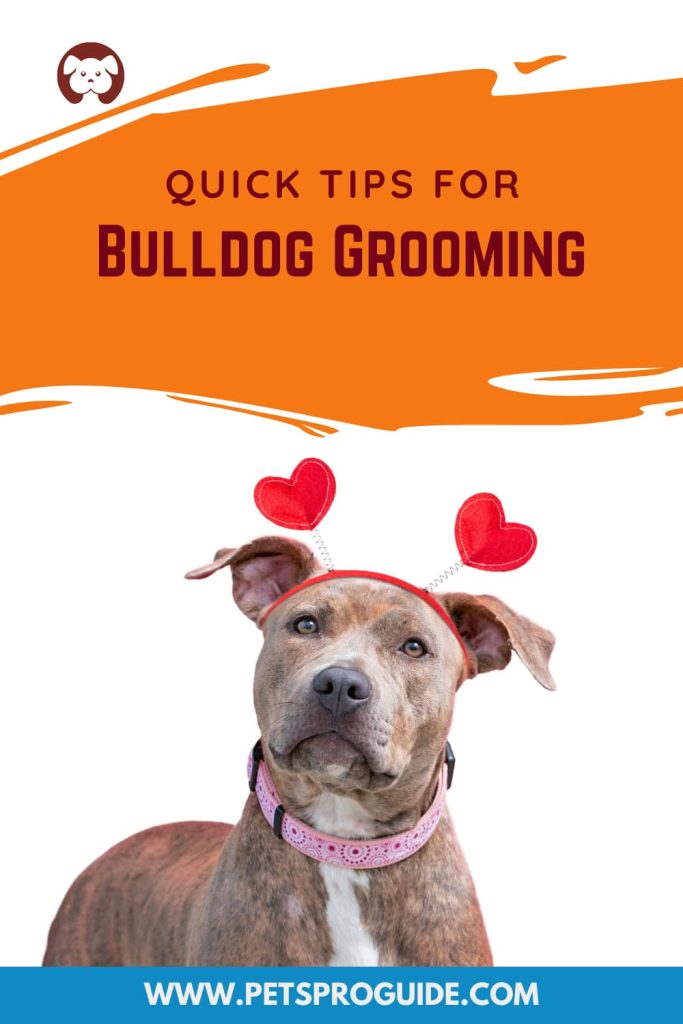
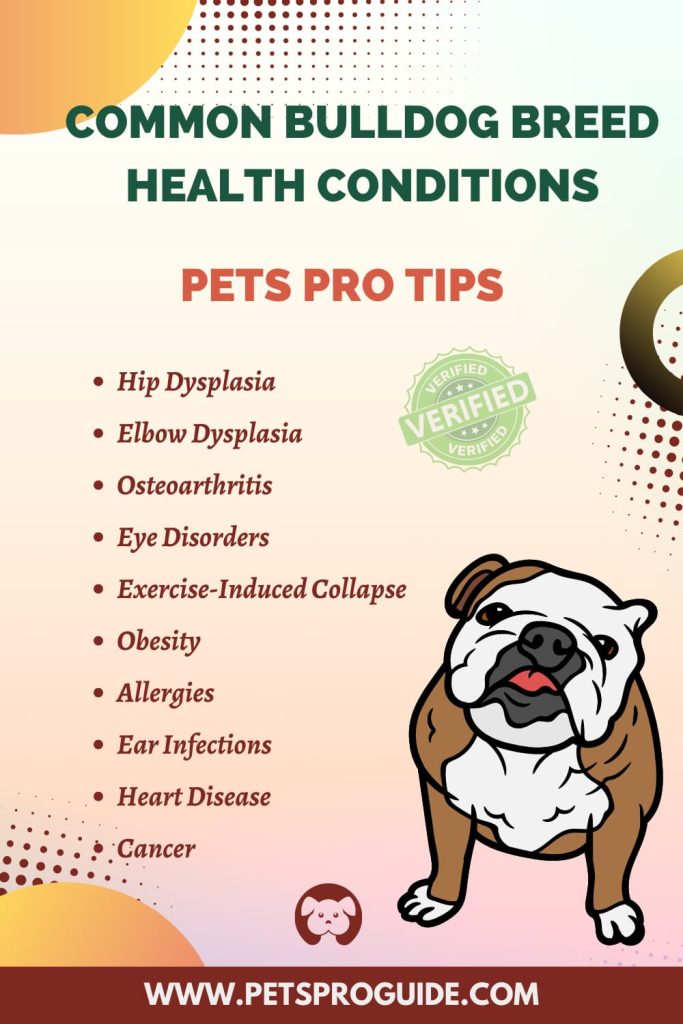

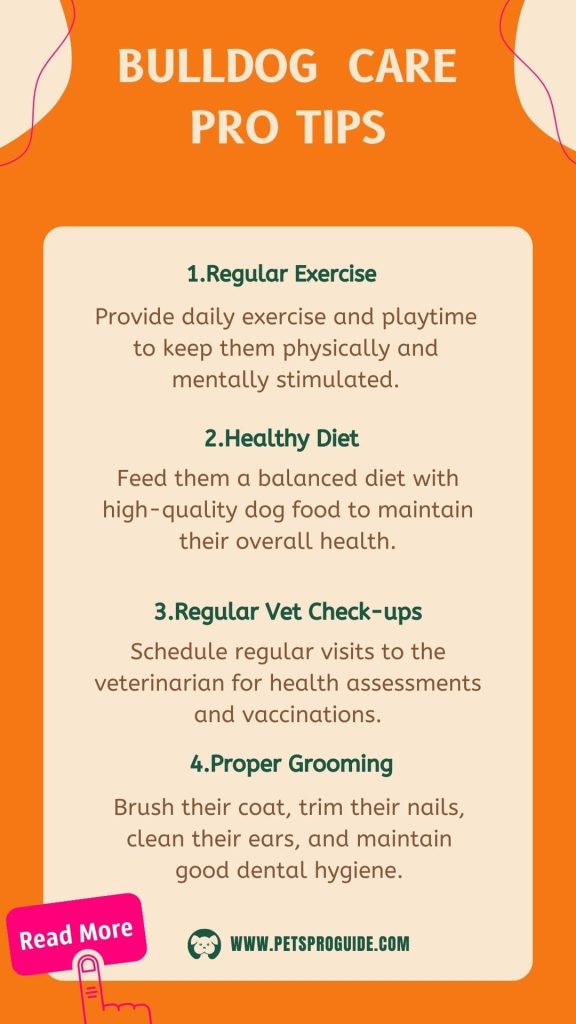


Conclusion
The Bulldog stands out as a suitable choice for owners who wish to adopt a devoted yet low-maintenance companion. Proper care makes Bulldogs thrive as outstanding pets for life.
I would be supremely appreciative if you share this article by forwarding it through email or social media since you found it valuable.
Bulldog Gallery
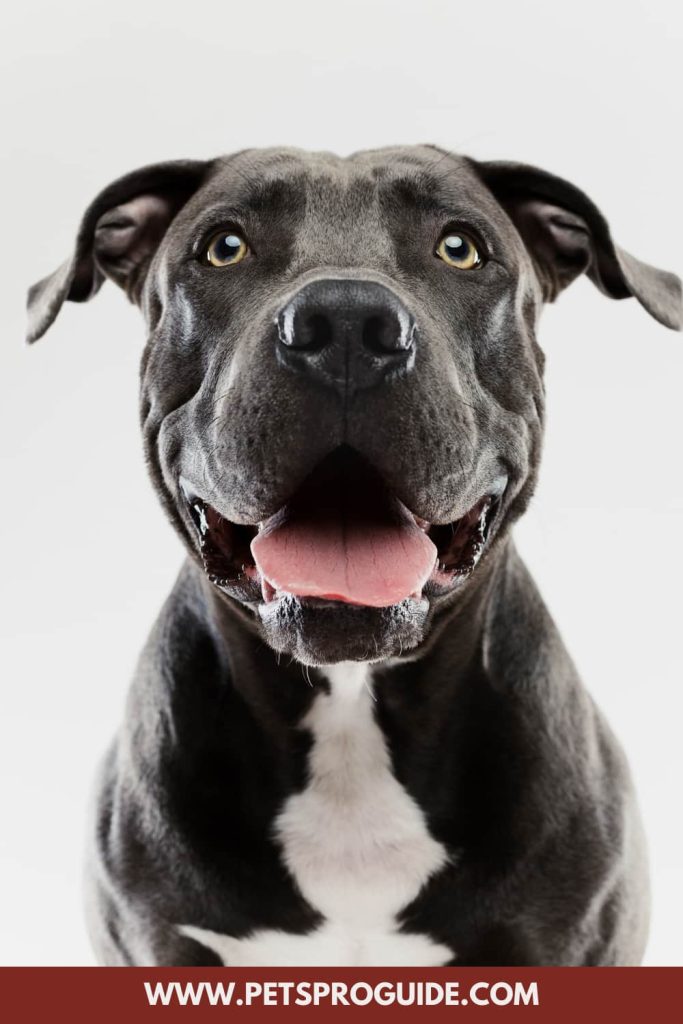

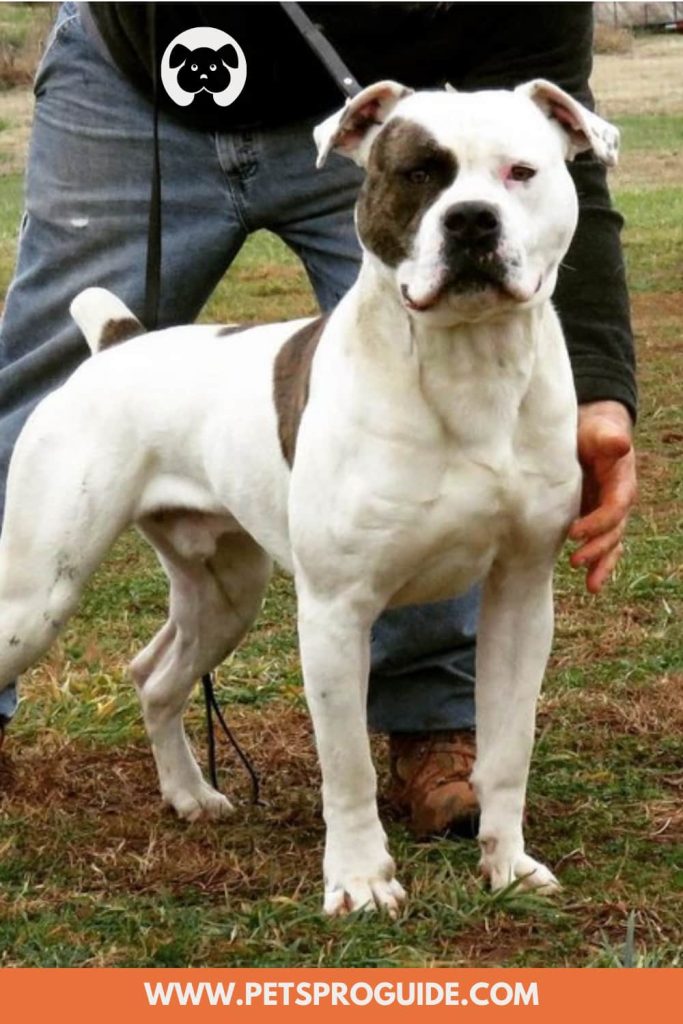

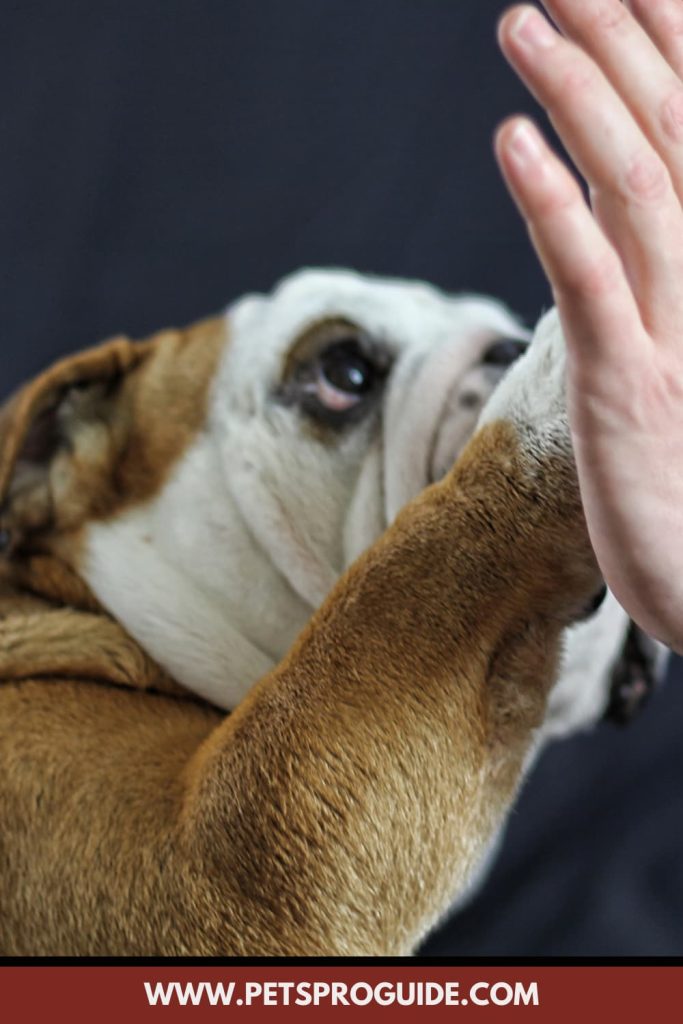
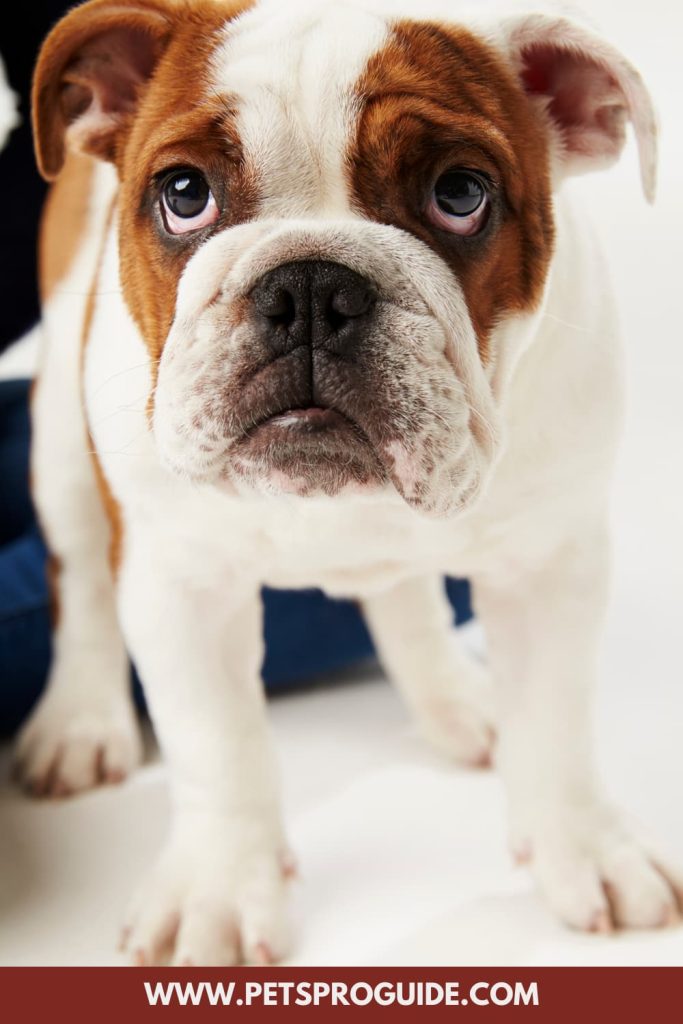



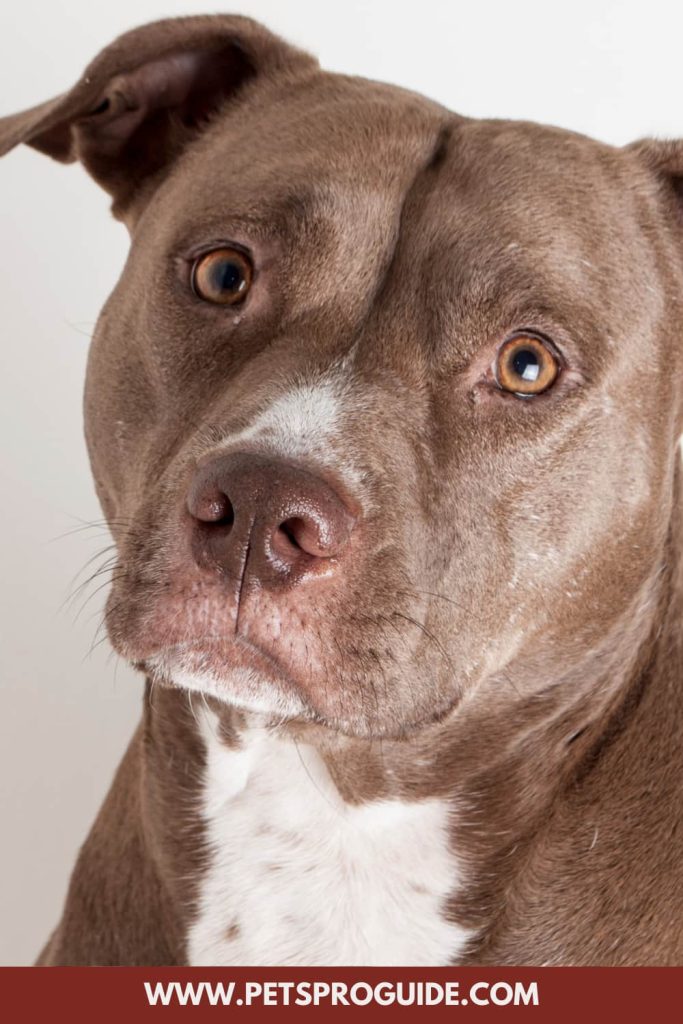
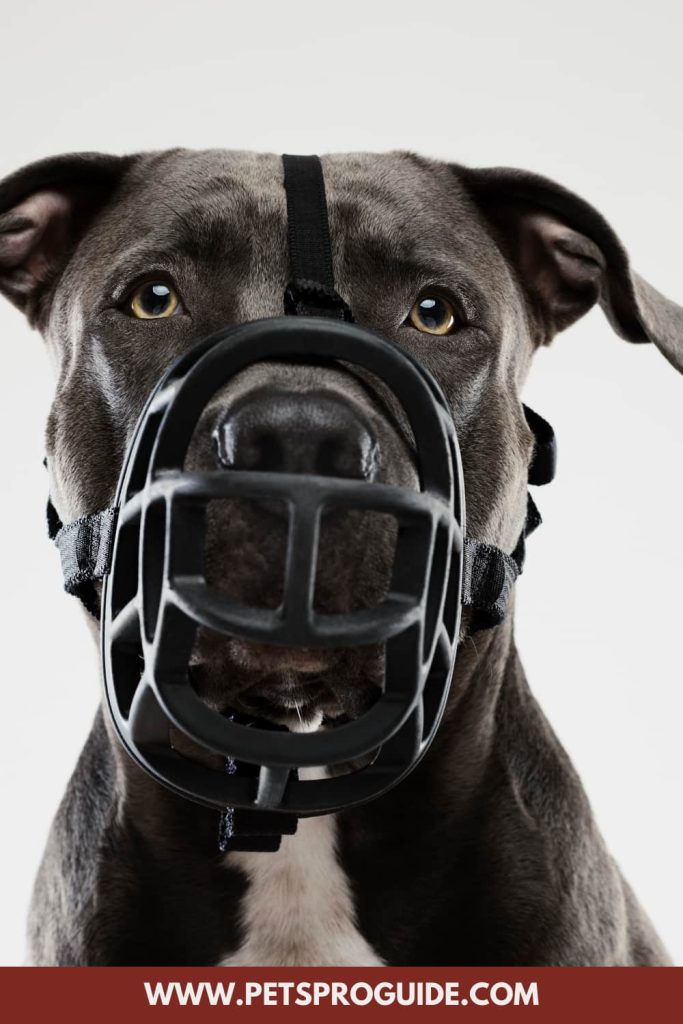
Read More
- Rottweiler Breed Information
- German Shepherd Breed Information
- Poodle Breed Information
- Beagle Breed Information
- Bulldog Breed Information

